Thirty-one years ago today, Tim McGraw‘s career changed in the blink of an eye.
His second album, Not a Moment Too Soon, shot to No. 1 on both Billboard’s Top 200 and Country Albums charts, camped there for 26 straight weeks, became 1994’s best-selling country album, and earned ACM’s Album of the Year. On the strength of “Indian Outlaw” and “Don’t Take the Girl,” Not a Moment Too Soon transformed the rising star into a bankable country powerhouse and movie/television star for decades.
“I think it was just a buoyancy,” McGraw told NPR of the album, produced by Byron Gallimore and James Stroud. “There was a fresh energy, and a little bit of an acceleration kind of thing to it.”
McGraw said that when he went into the studio to record Not a Moment Too Soon, he was in a headspace and life space where he was “just getting my feet under me.”
“After all these years of doing what I do, I felt like I’m just now learning how to be good,” he said.
Videos by American Songwriter
“Indian Outlaw” Launched Tim McGraw, Stirred Controversy
The market bore the proof. McGraw’s “Indian Outlaw” didn’t go to No. 1, peaking just inside the Top 10 on the US Billboard Hot Country Songs chart. However, the earwormy mid-tempo with its declarative, almost spoken, lyrics was inescapable. People could hear the song once and sing along by mid-way through. However, it was met with some resistance.
“Indian Outlaw” presented a host of Native American cliches in the lyrics, dropping the village chieftain, medicine man, wigwam, tom-tom, bow and arrows, headband, teepee, and even buffalo briefs in the verses. At the end of the song, “Indian Outlaw” samples the “Cherokee people” chorus from co-writer John D. Loudermilk’s “Indian Reservation.”
Even McGraw wasn’t convinced “Indian Outlaw” would be the song to launch his career. He described it as a “novelty, weird-sounding song” at an industry event and recounted moving to town May 9, 1989 – the same day Keith Whitley died. That night, McGraw met songwriter Tommy Barnes, and Barnes played him “Indian Outlaw.” McGraw immediately told him he was going to record it.
He tried it out, playing “Indian Outlaw” in clubs for a long time to make sure people would accept it before he took the title into the studio. Its ultimate success taught McGraw about the power of a song.
“To me, that was the most important thing,” he said. “I’m competitive. I love hearing music; I love hearing everybody else’s music. But I want to go in and make an album every time that anybody would be proud (of) … (and) I want every song on there [to have the potential to] be the first single off anybody’s album.”
“Don’t Take the Girl” Inspired By Pizza
If “Indian Outlaw” was the fuse, “Don’t Take the Girl” was the dynamite. According to Billboard, the Craig Martin and Larry W. Johnson-penned song was McGraw’s fifth single, and his first chart-topper on the Hot Country Songs chart. “Don’t Take the Girl” also reached No. 1 on the Canadian country charts, crossed over, and hit No. 17 on the Billboard Hot 100.
“Don’t Take the Girl” is a profoundly emotional stroll through the triumphs and tragedies of a couple’s love story – starting from the time they were children. Songwriter Craig Martin said his sweet girlfriend at the time inspired him to write the song at a low point in his life. He was depressed at the way his music career was going, went home, and sat on the couch. To cheer him up, his girlfriend made him homemade pizza.
“I was thinking about how this record deal was going, and I was kind of talking under my breath to God, and I thought, ‘You can take this record deal or this great publishing deal that I had at the time, or any of my possessions. Take any of it, but just don’t take her.’ She was that important to me,” he said in a YouTube video. “That thought, combined with a melody he had in his head, became the bones of ‘Don’t Take the Girl.”
In addition to “Indian Outlaw” and “Don’t Take the Girl,” Not a Moment Too Soon also included McGraw’s hits “Down on the Farm” and “Not a Moment Too Soon.”
With Not a Moment Too Soon as a springboard, McGraw built a nearly unparalleled career in music and entertainment. The Louisiana native has produced sales of over 103 million records worldwide. He charted 47 No. 1 radio singles, and 19 No. 1 albums. McGraw has some of the most impactful songs in contemporary country music, including “Live Like You Were Dying” and “Humble and Kind.”
(Photo by Jason Kempin/Getty Images for ABA)

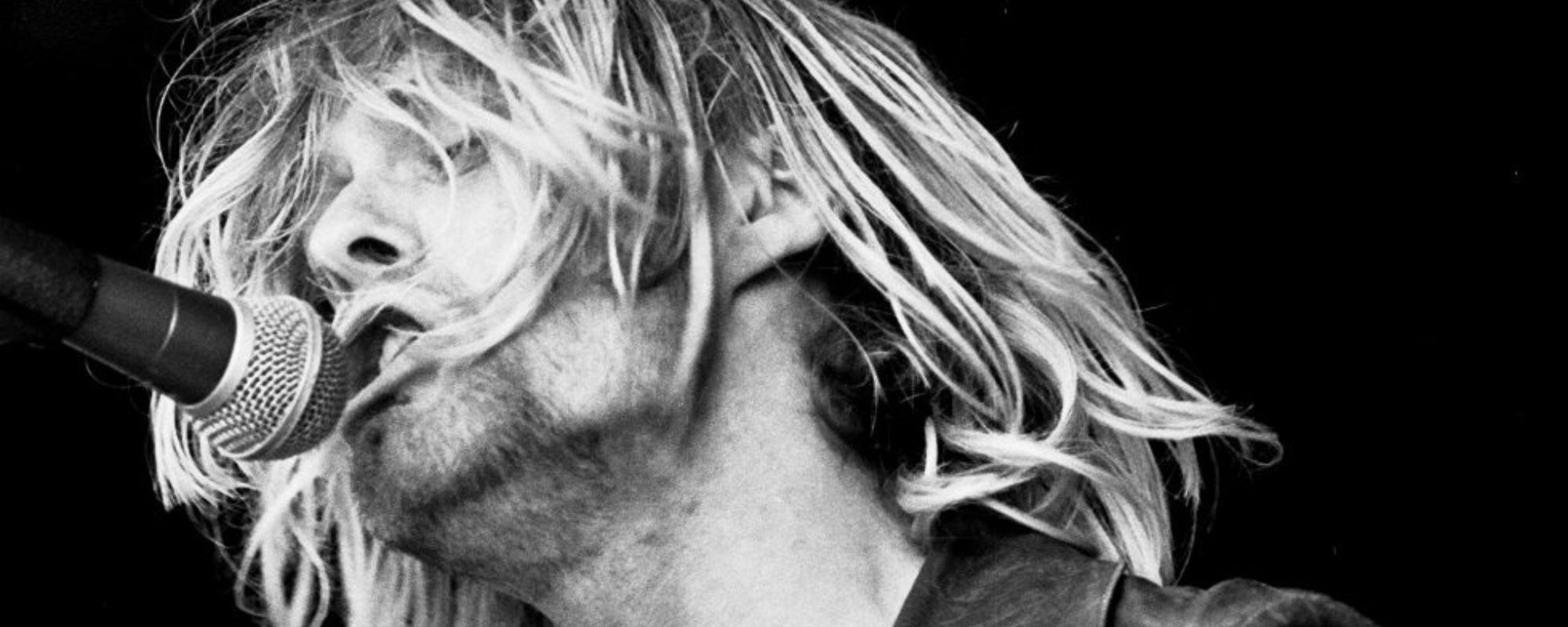
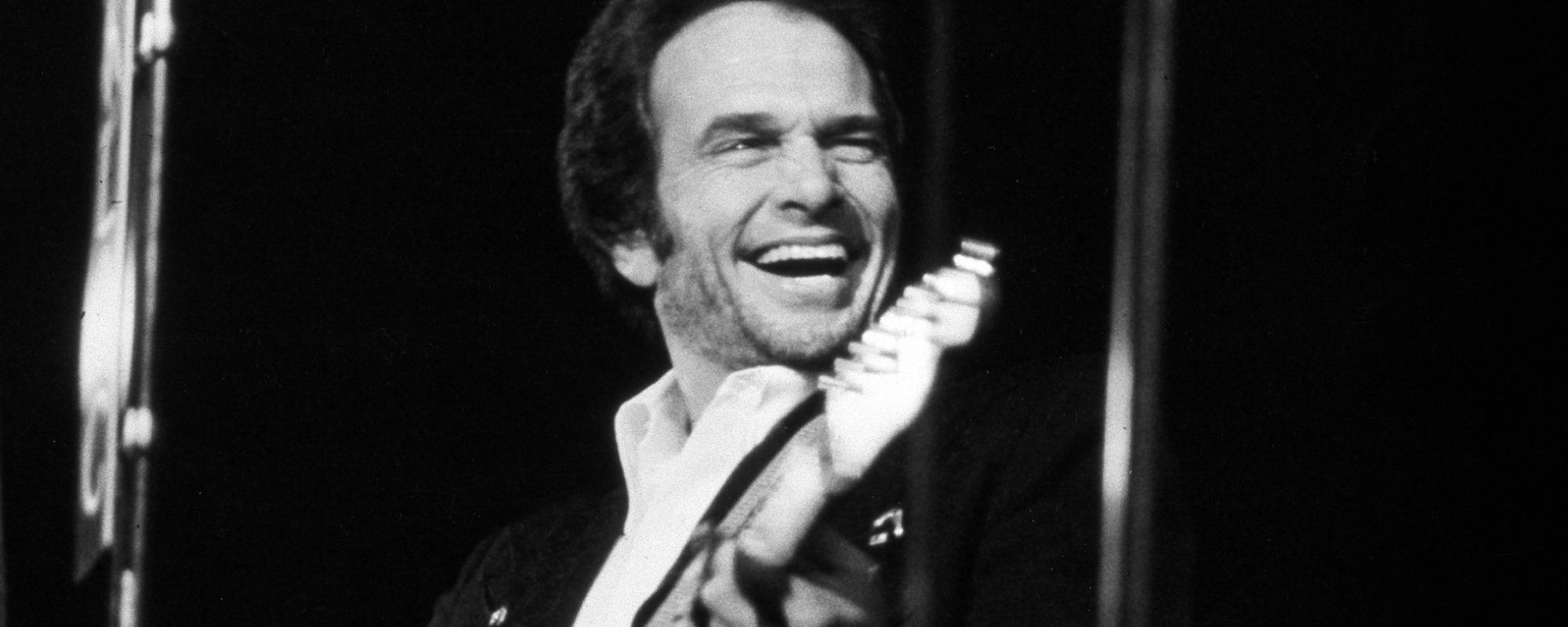
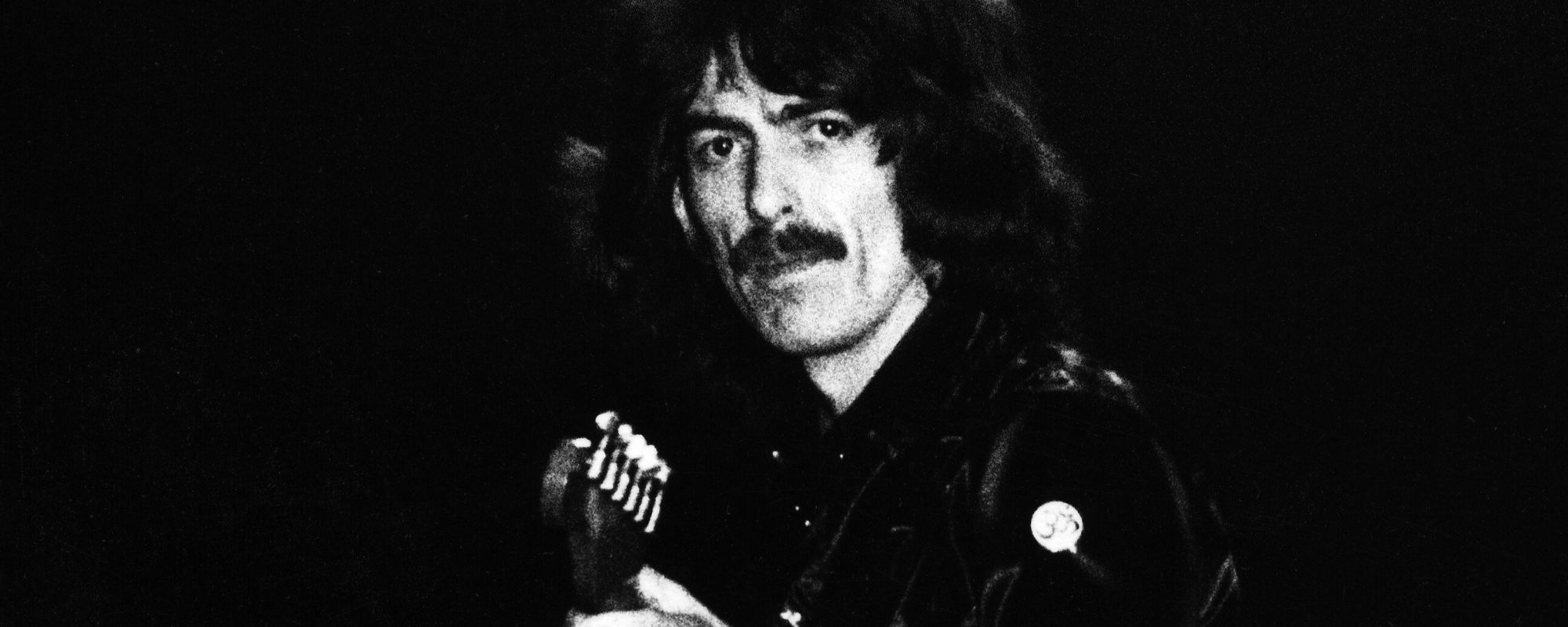


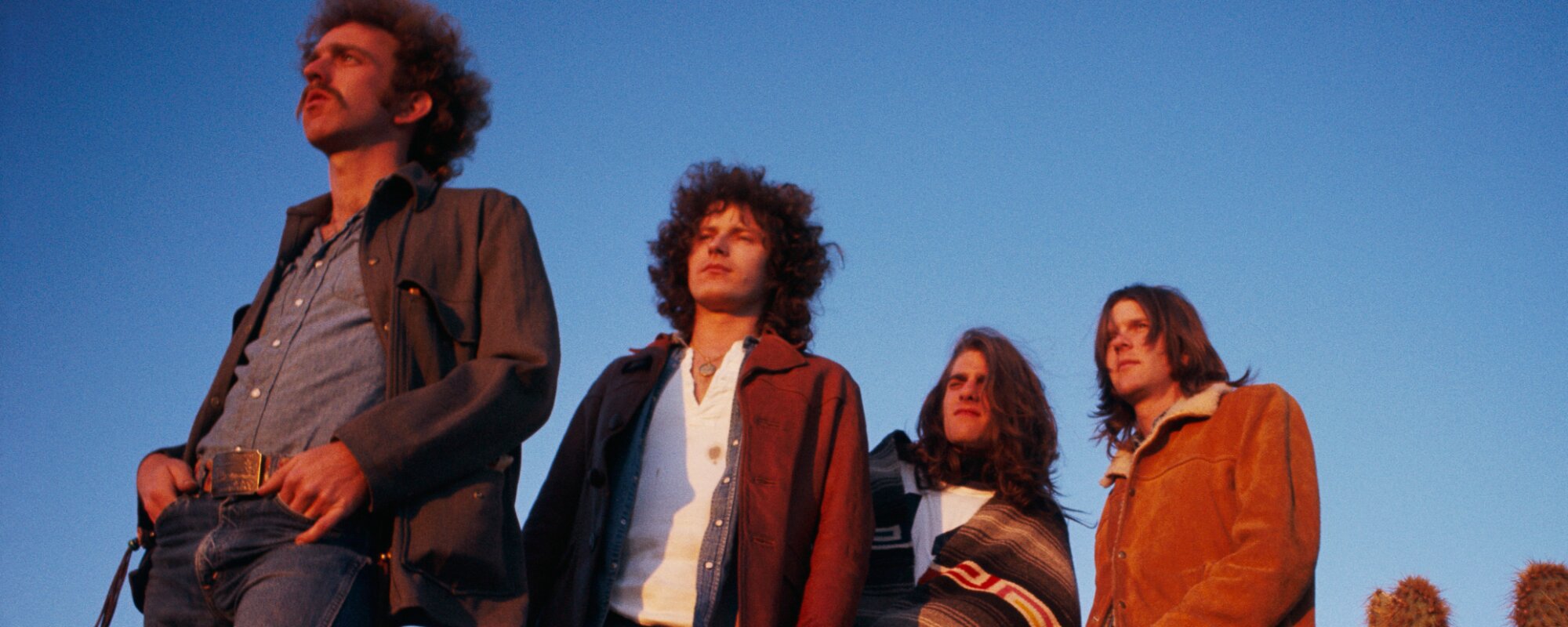

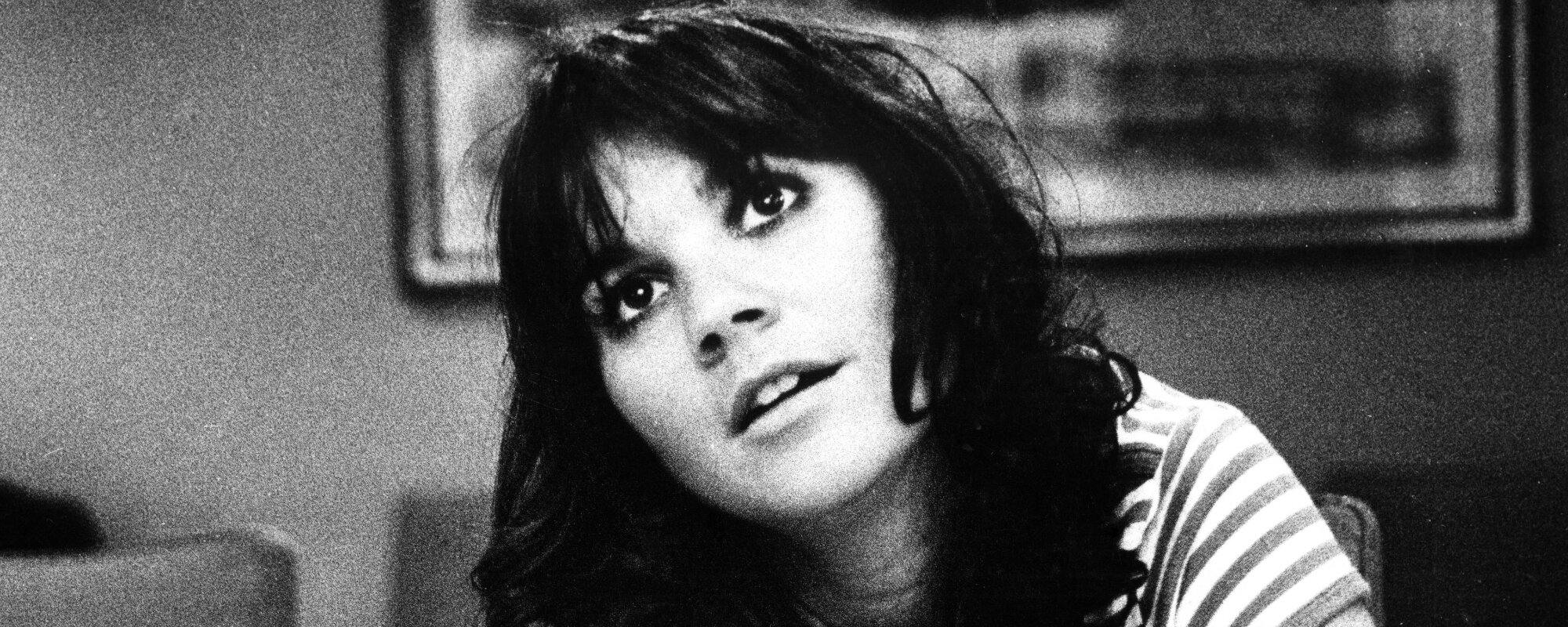
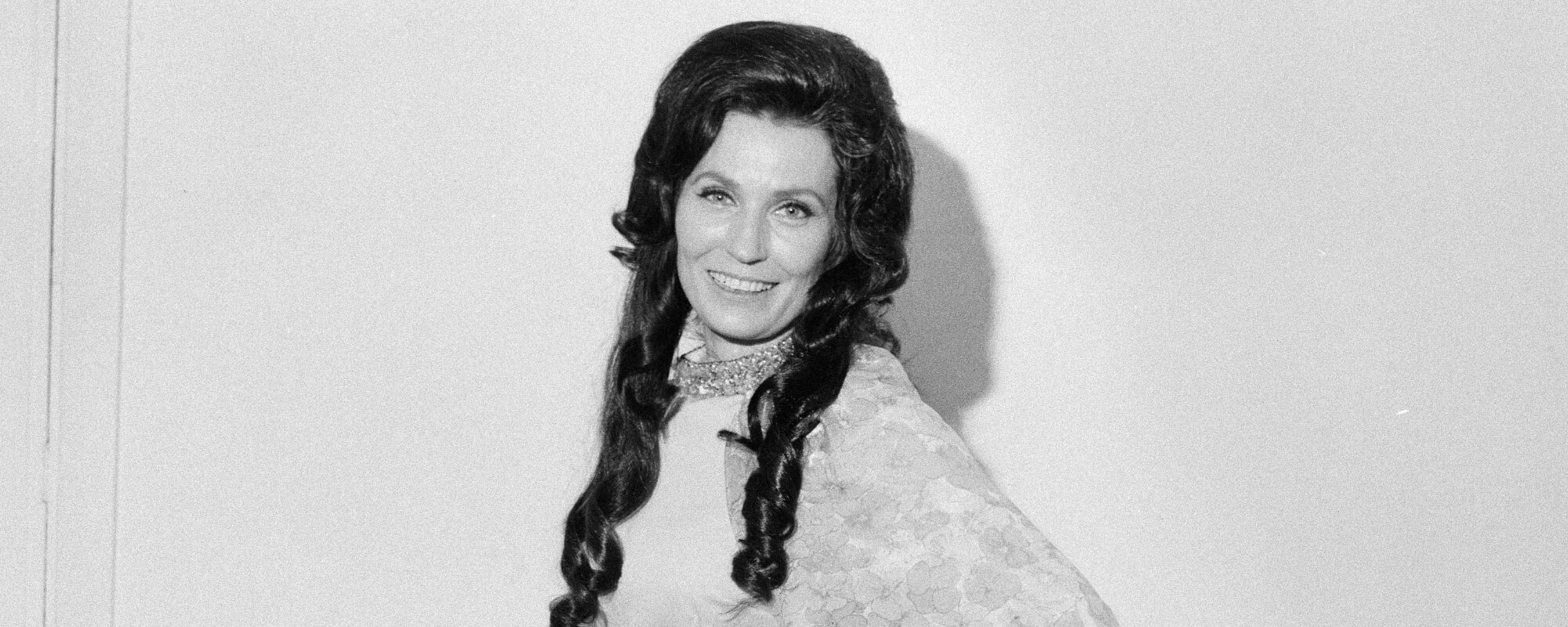
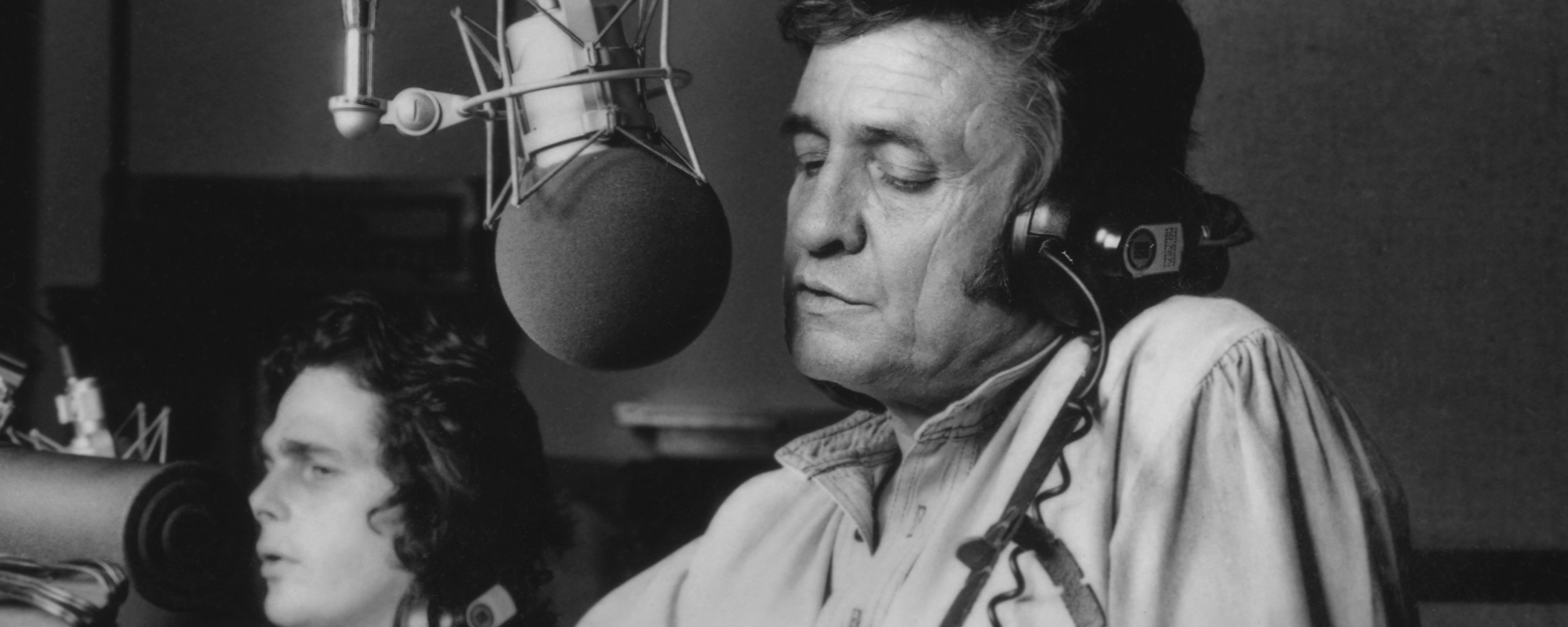
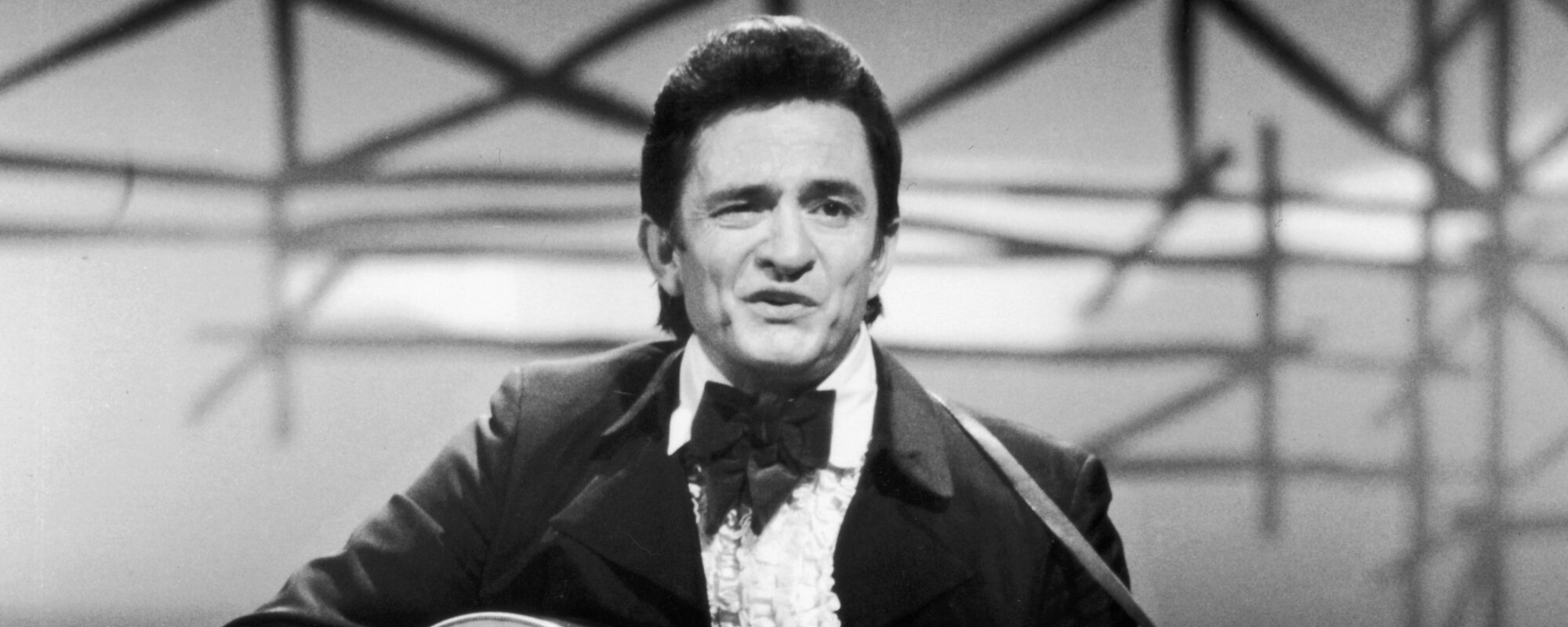
Leave a Reply
Only members can comment. Become a member. Already a member? Log in.